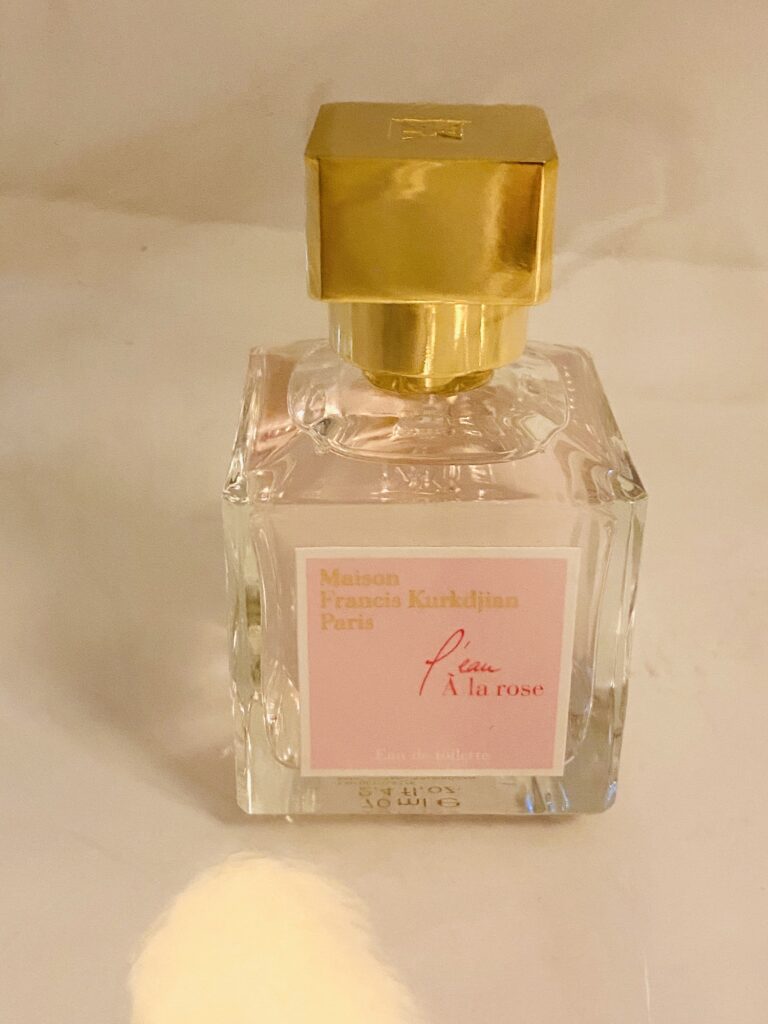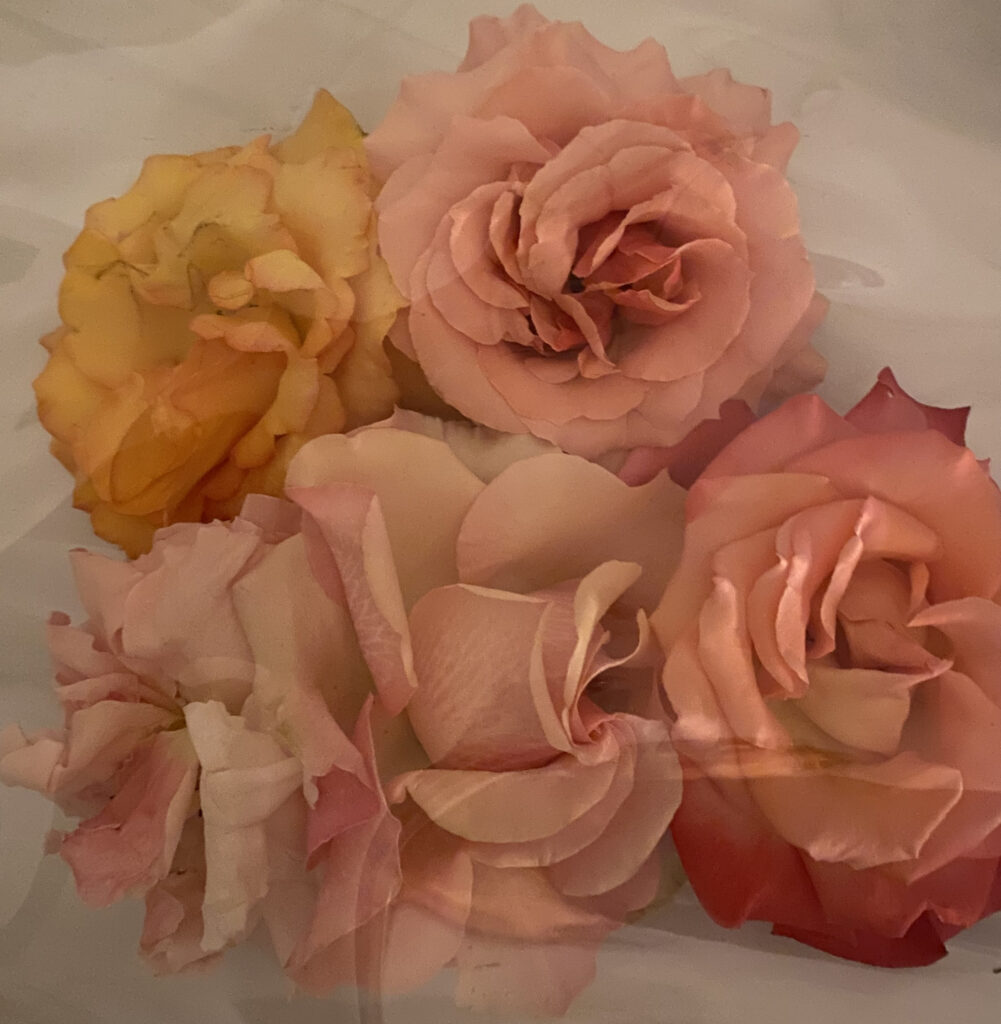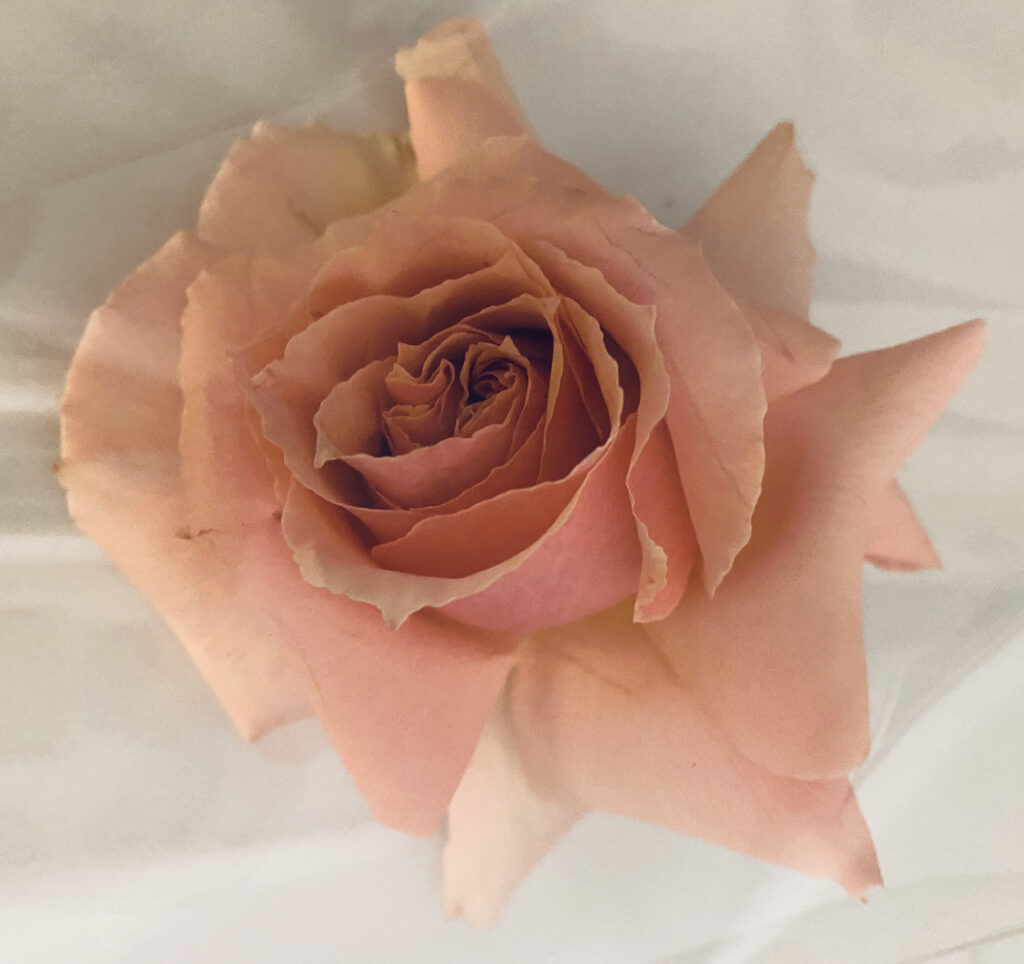Francis Kurkdjian the master perfumer behind iconic best-selling fragrances: Le Male by Jean Paul Gaultier, My Burberry by Burberry, Cologne Blanche and Eau Noire by Christian Dior, For Her (as a duo with Christine Nagel) For him by Narciso Rodriquez and a perfume for Elie Saab.
In 2009 Maison Francis Kurkdjian was launched in partnership with Francis’s business partner Marc Chaya.
Twenty-five fragrances later the eponymous luxury niche brand is now in partnership with LVMH. I have been a personal admirer of Maison Francis Kurkdjian since the time of its launch. My senses are never overwhelmed when wearing this particular brand, as it disperses in sensual, rich layers. I feel as though I’m wearing an invisible couture undergarment that is scented by Maison Francis Kurkdjian.
Q: Was there a person or experience that inspired your idea to become a perfumer at 15?
A: I had parents and grandparents who got me into the world of arts and craftsmanship at an early age – from ballet class to piano lessons, visits to the museums or even immersing myself in the world of Haute Couture with two grandfathers working for the craft. I grew up in a very creative environment with lots of fantasy and fun, and developed a love of handicrafts. However, I had my true revelation at the age of 14, by reading an article about perfumery in the glossy pages of a French magazine. I discovered that the couturier/fashion designer was not the one who was creating the perfumes. There were people behind the scenes, and those people had a very special craft and gift. At the same moment, I saw the movie “Le Sauvage” that features iconic actress Catherine Deneuve and actor Yves Montand in which he plays the role of a perfumer on a remote Venezuelan island. I loved it! And even now I watch it again once in a while. After that, I totally fell in love with the craft and told my parents I wanted to become a perfumer. I knew deep inside that it was my vocation!
Q: Where were you living in France at the time?
A: Yes! I was born in France. I was raised in a little town called Gournay-sur-Marne in the East suburbs of Paris.
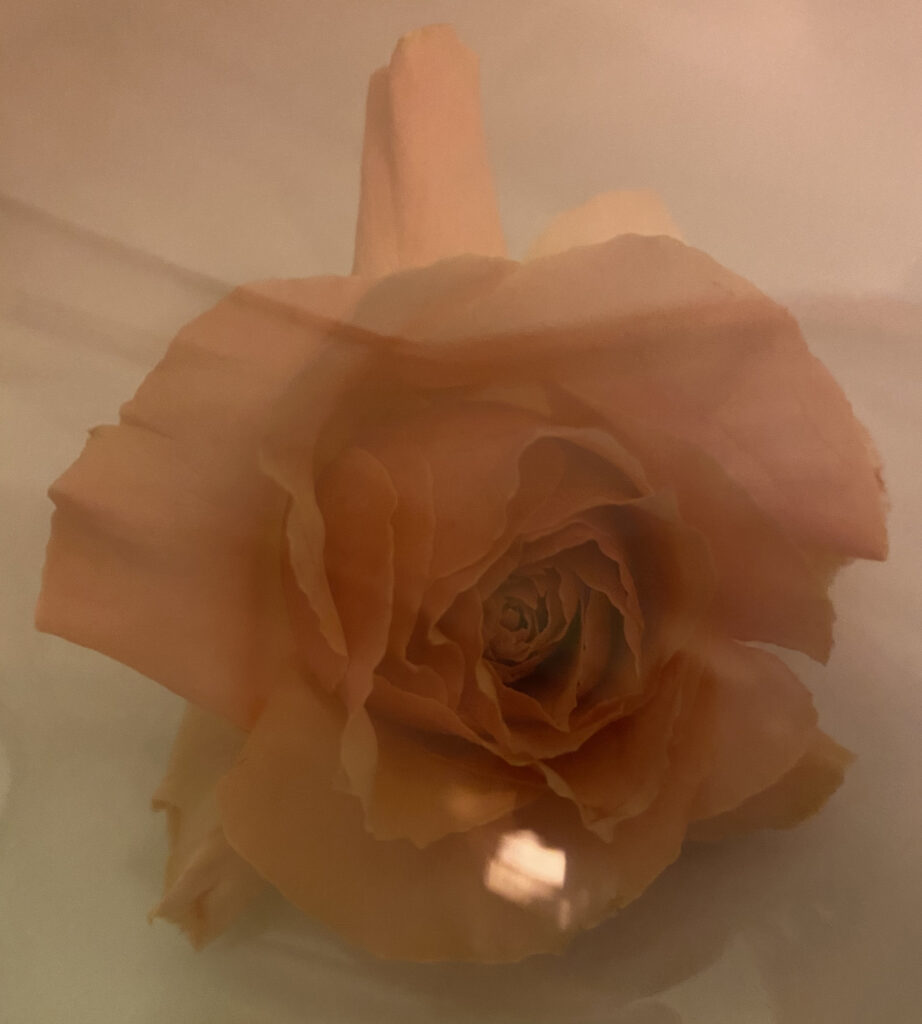
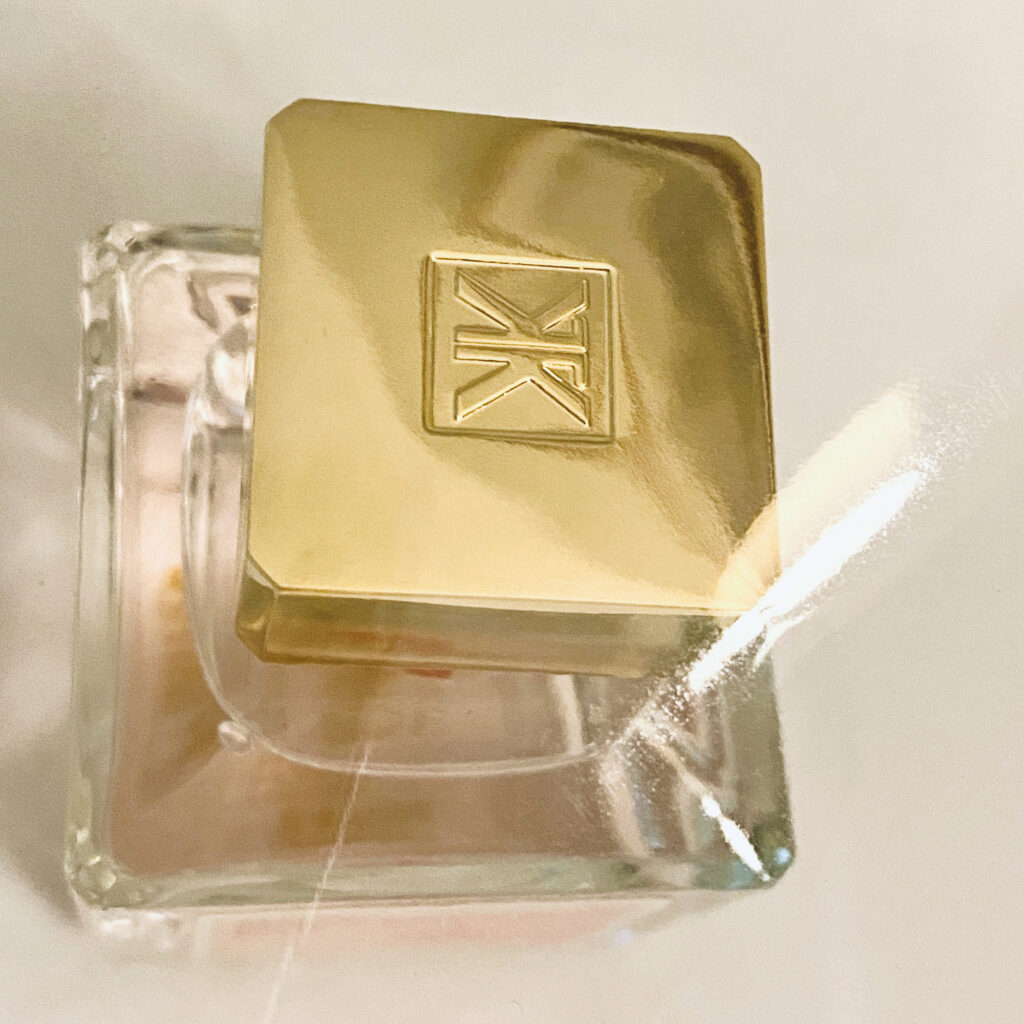
Q: Was there a particular scent that prompted your senses to explore the world of creating a fragrance?
A: One of my earliest olfactive memories, besides my mother’s scent, “Madame” by Rochas, remains my grandmother’s cellar in her apartment. When I was a kid I used to play in this tiny room where she used to store all kind of spices and oriental and ingredients she used for cooking. The overall odor was just incredible because it was a blend of sour, sweet, spicy flavors.
Q: While attending The International School of Perfumery in Versailles was there any particular moment in which you thought to yourself; the process of fragrance production is quite a challenge?
A: I studied and learned the art of making perfumes at the only perfume school in the world, ISIPCA in France. Following my studies, two master perfumers trained me before I started working as a perfumer myself. Creating a fragrance is 1% inspiration and 99% of work! It usually takes about 5 to 10 years before you are able to create a solid fragrance alone. You have to be patient, determined, meticulous and precise.
First, you have to learn the basics. The world of scent is like foreign languages: you have to start learning the alphabet (meaning the raw materials) one by one, describing them, classifying them with your own words, own feelings. Then you create words (small fragrance accords) and then sentences. But it is like any other Art form. If you do consider that everybody knows how to write, paint, draw, sing, not everybody is an artist, who creates new things. Not everybody knows how to express newness and create new forms.
Q: What was it like attending this institution?
A: It was a dream come true! I waited for so long, since I was 15. I was eager to learn, to evolve in a métier, a field I dreamt about. I felt at ease in my world.
Q: Was it primarily French students?
A: It’s an international school. We had students from all over the world: Mexico, Netherlands, China, Italy, and more.
Q: At 25 years old you signed your first fragrance for JPG, knowing that you had to balance the pressure of a designer fragrance, how did that experience work for your other designer perfume collaborations?
A: After the unbelievable success of JPG, the question was: will I be the perfumer of only one success at such a young age? It took me a while to get over that fear and even now, people are asking about it. But for the past 25 years, I have worked for some of the greatest designers and creative people in the world: Hedi Slimane, John Galliano, Emanuel Ungaro, Elie Saab, Giorgio Armani to name a few. I don’t find one more rewarding than another because I always enjoy working in that kind of creative environment. Each project has its own challenges, and each project also has to be your favorite so that you can give it 200% and be totally dedicated to the task! The challenge is not to repeat yourself, not to create the same accord twice, and to find new olfactive paths every time. These are my obsessions.
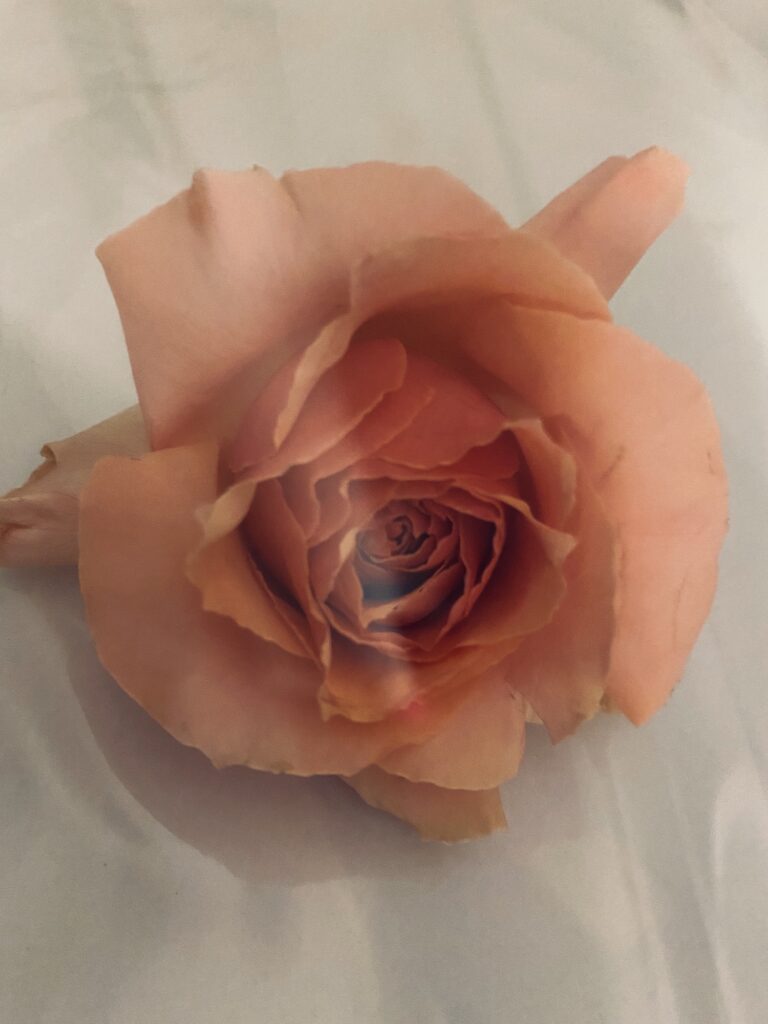
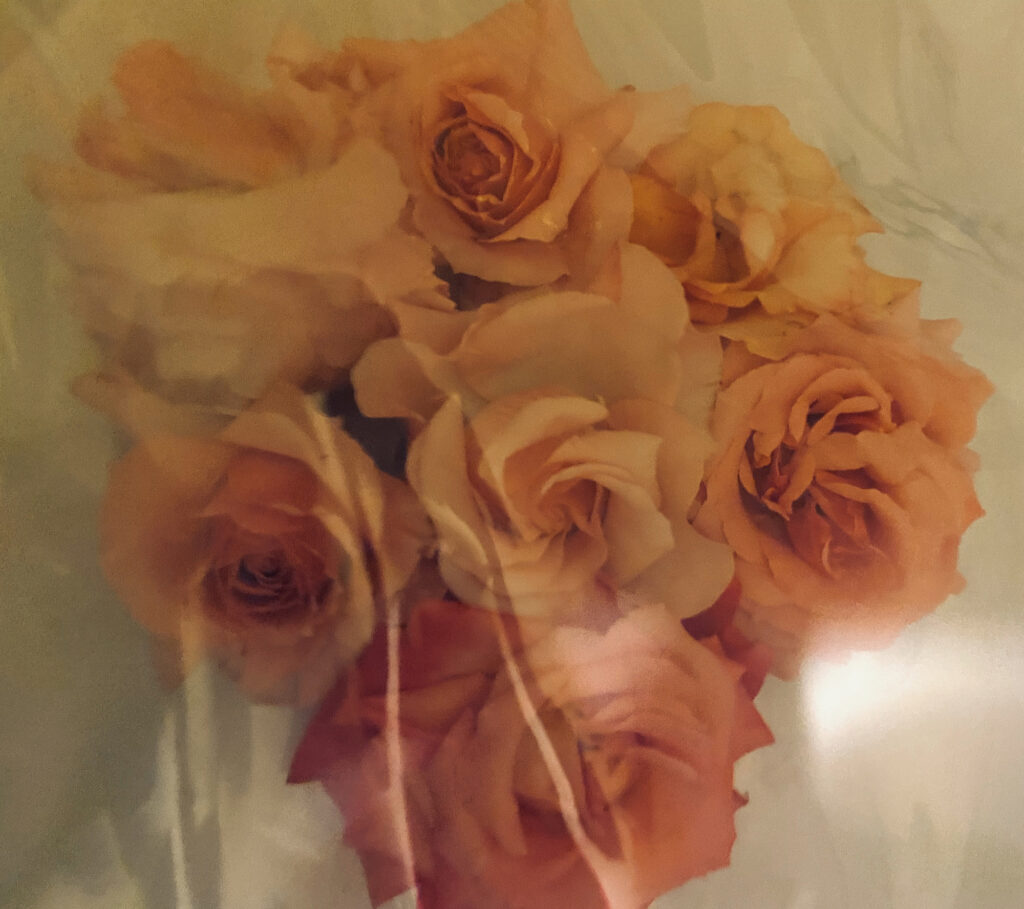
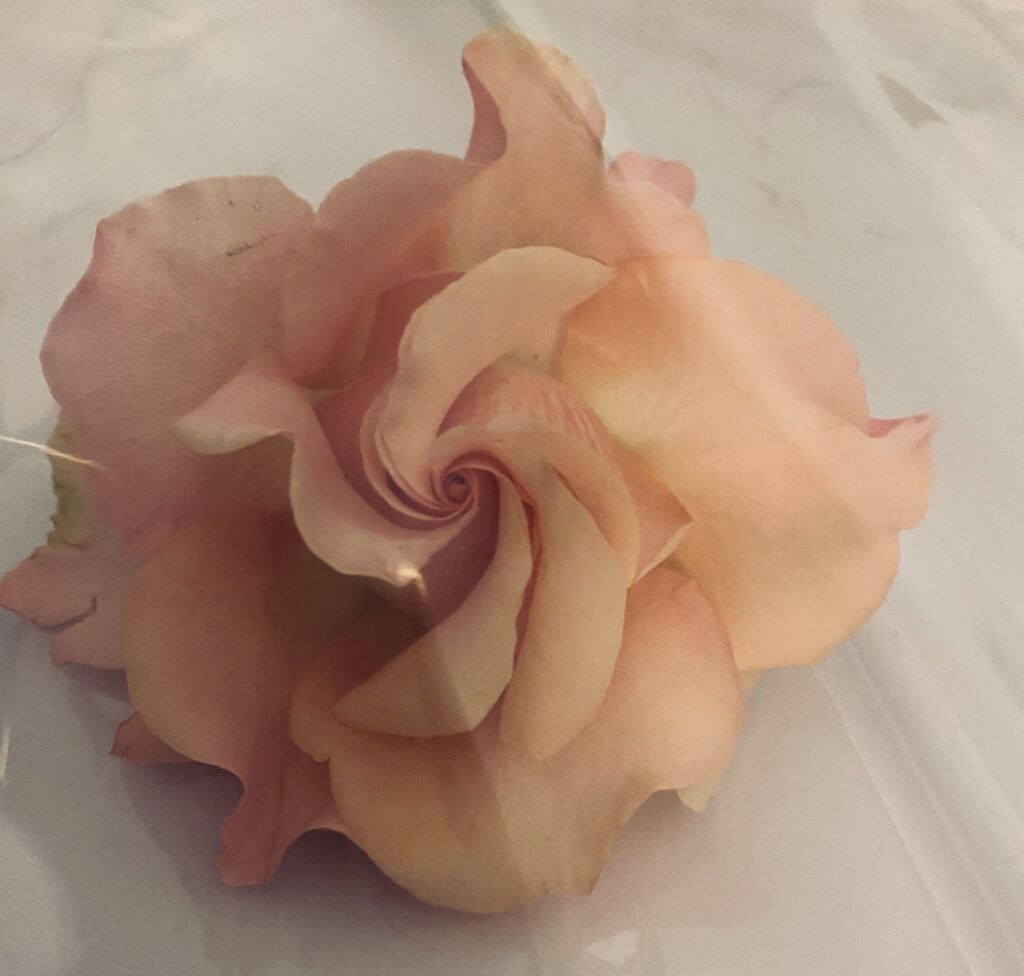
Q: What was Jean Paul Gaultier’s personal reaction to your premiere fragrance?
A: With a 25-year background within the perfume world, I can tell you, you never know in advance if a fragrance is going to be a major success or not. When I was briefed in 1994 at age 25 and just fresh out of the perfumery school, I could dream about what happened next in my life. At that time, I was taking a marketing course after work where I met Chantal Roos the CEO of Gaultier’s fragrance business during my scholarship. She asked me if I wanted to work on a project as a training case and apprenticeship. I said yes, and she gave me the brief.
The initial inspiration came from Jean Paul Gaultier himself and the BPI team at that time. They wanted a fragrance with a nostalgic feeling yet very modern and contemporary at the same time. It was about a barber shop scent with a twist of a man’s skin scent. It had to be elegant and very different. The trail was also something they were looking at.
After our first meeting during which I had to present my ideas, she told me she would ask Jean Paul Gaultier himself for his opinion. He liked one of the routes which became Le Male after 8 months of hard work and commitment.
A few months before its launch in France in October 1995, I went to work in New York. So, I wasn’t here when Le Male became No. 1 in France, ahead of Eau Sauvage Dior, undisputed market leader for 40 years. It was so unreal, and moreover so unpredictable! I was shocked! I think it was good to see the success of Le Male from outside.
Q: Was it a personal challenge to not be the master perfumer for a designer fragrance and evolve your own?
A: I have my own path to follow. My mission is really to serve women and men by creating the most beautiful fragrances I could imagine, being contemporary and modern, and an anchor in my time. Challenge is everywhere as life is challenging.
Q: Did those experiences have any inspiration to create your current signature fragrances? If so, was there a distinct moment you can recall?
A: When I opened my own perfume house in 2009, I wanted to share my very own vision on scents and luxury with the public. I felt it was the right time. Life is about timing as well. At that same moment, I met Marc Chaya, with whom have co-founded Maison Francis Kurkdjian
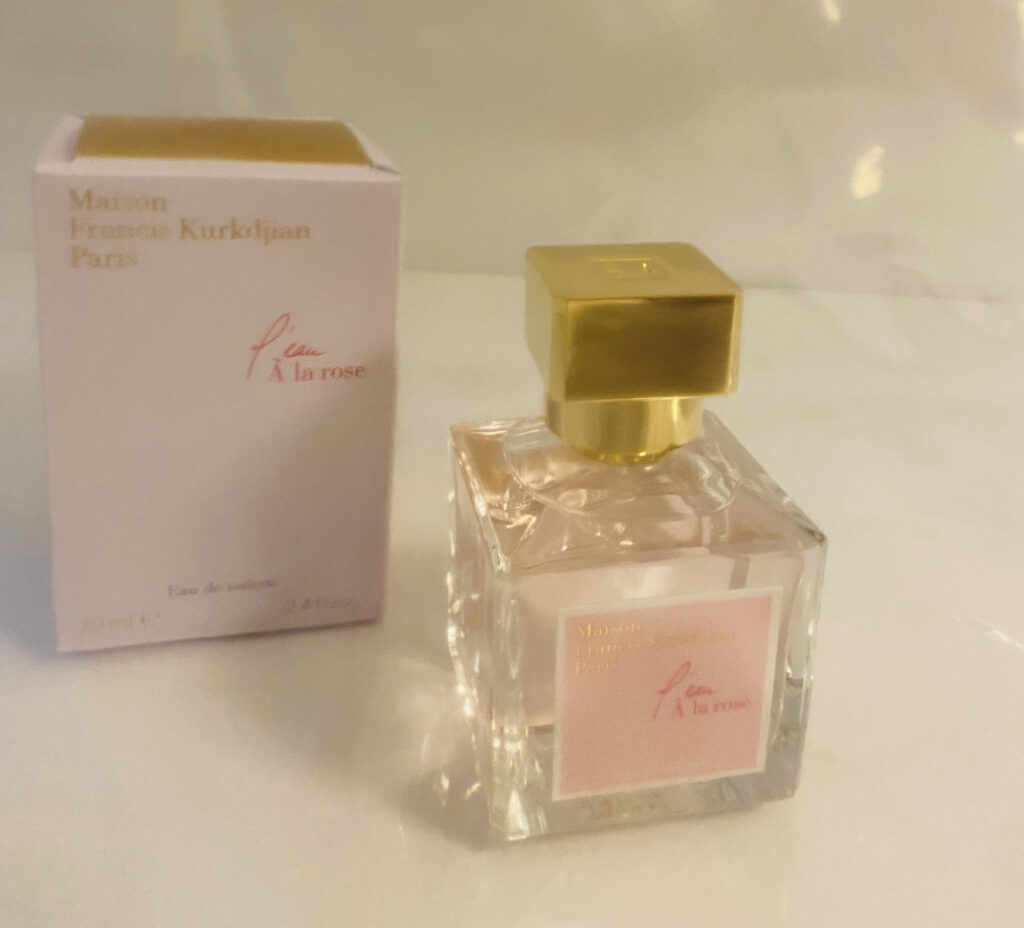
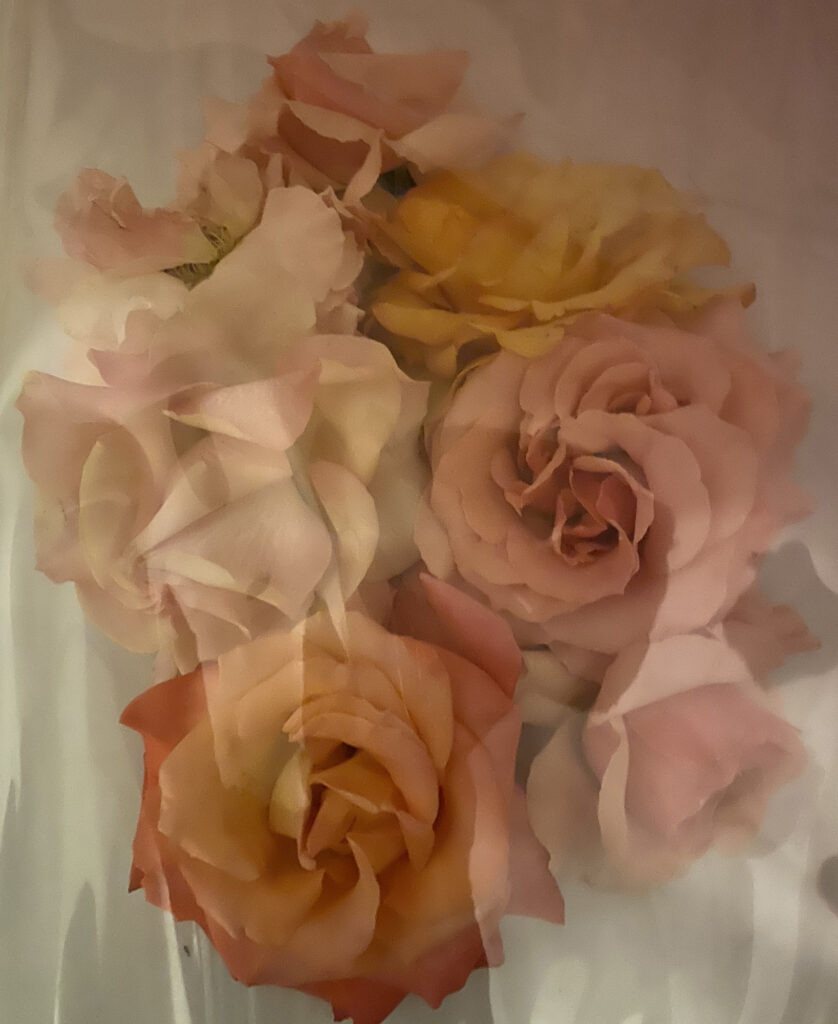
Q: Is there a visual memory of the flower, place, or smell that remains as a singular thread of inspiration while you were in phase one creating your first fragrance at Maison Francis Kurkdjian?
A: My fragrance line is inspired by Paris with a spirit of French and Parisian elegance, glamour, chic and true sophistication. That “je ne sais quoi” as we say in France.
Paris is at the heart of my inspiration. My travels take me away, but they also serve to bring me back, back to my City, and its heterogeneous population, to its light and the shade of its monuments, the grey of its rooftops and the bursts of magic as its golden spires puncture here and there its incredible skyline. Paris inspires the universe of my House.
Q: What sort of reactions do you aspire to arouse in one’s senses when smelling and wearing Maison Francis Kurkdjian?
A: A great perfume does not smell good, it smells beautiful. Perfume is an expression of civilization. It completely reflects the times in which we live, and they follow our evolution. In this sense we feel the need to have fragrances that fit us and follow our everyday desire and mood. This is why I’ve imagined my collection as an olfactive wardrobe to accompany women and men in their everyday life, in all their moments, and to embrace all their moods. From work, to love, or being a parent, each scent has its own unique signature to fulfil all our emotional answers.
Q: As you and your partner Marc have evolved a successful, luxury fragrance brand that was most recently acquired by LVMH; do you have any future olfactive goals in which you both would like to create?
A: My mission is to bring the world of scent to a new level of consciousness, new ways to wear or experiment with fragrances. What excites me the most is to open new paths and question my era about the importance, meaning and place of fragrances on our world. I do also believe that the modernity is to break the boundaries not necessary the rules.
Q: With the crowded fragrance market, do you think the future of fragrance is confined to a liquid form?
A: Pushing the boundaries is part of my mission as is creating new ways to let people discover or experience a scent such as the scented leather bracelet, or just gathering people together when I created the installation in the Grand Palais in 2010. Interior scent may become more and more important. Perfume follows mankind’s course of life.
Q: I constantly try and pursue to use beauty products with an authentic rose scent, there are very few fragrances I admire that capture that timeless, elegant rich scent. As I love comforting, positive feelings and thoughts it evokes. L’eau A la rose scent so rich yet light and fresh, it’s as though you trimmed a fresh rose from your garden on a hot afternoon. In 2019 you launched L’eau A la Rose based on the roses from two origins; Damascena rose oil and the base note ; centifolia rose absolue from Grasse; Is there a particular note in this fragrance that you can would like to confirm is part of your olfactive signature?
A: Rose has an incredible olfactive flexibility because it can give you aerial effects or very flowery or fresh. You can tie it to an oriental accord, and it can become much heavier, heady or rose can fit in fruity accord such as (apple, grass, pear) with crisper facets.
At different dosages, it can accentuate the floral side of a fragrance bringing color and depth or just a sparkle.
Rose is essential to many flowers. Some molecules in the rose are the DNA of other flowers such as lily of the valley, peonies, sweat peas, lilac, hyacinth, carnation.
For example, to create a lily of valley you have to see it as a fresh rose with a green sparkle. For peonies, you can “see” them as roses with a splash of citrus (from grapefruit) to lemon. This is what I teach to my students at the perfumery school: Floral structure and accords.
As per my olfactive signature, I believe I have none and I try to have none. Like an actor, I believe I must disappear behind my creations and the scents I compose.
Q: I’ve read this fragrance is noted as unisex, was that intentional?
A: Not all the creations of Maison Francis Kurkdjian are unisex/genderless. Ingredients and raw materials in perfumes are like colors for fashion. You can use all of them to create a man’s or woman’s perfume, it’s a question of balance and aesthetics. It’s also a question of culture. However, I believe L’eau à la Rose is very feminine. I composed it that way, as a tribute to femininity.
Q: Can we expect the L’eau A la Rose to have any more variations?
A: Yes! A new variation around À la rose will soon be revealed, but this time the creation will be for men!

